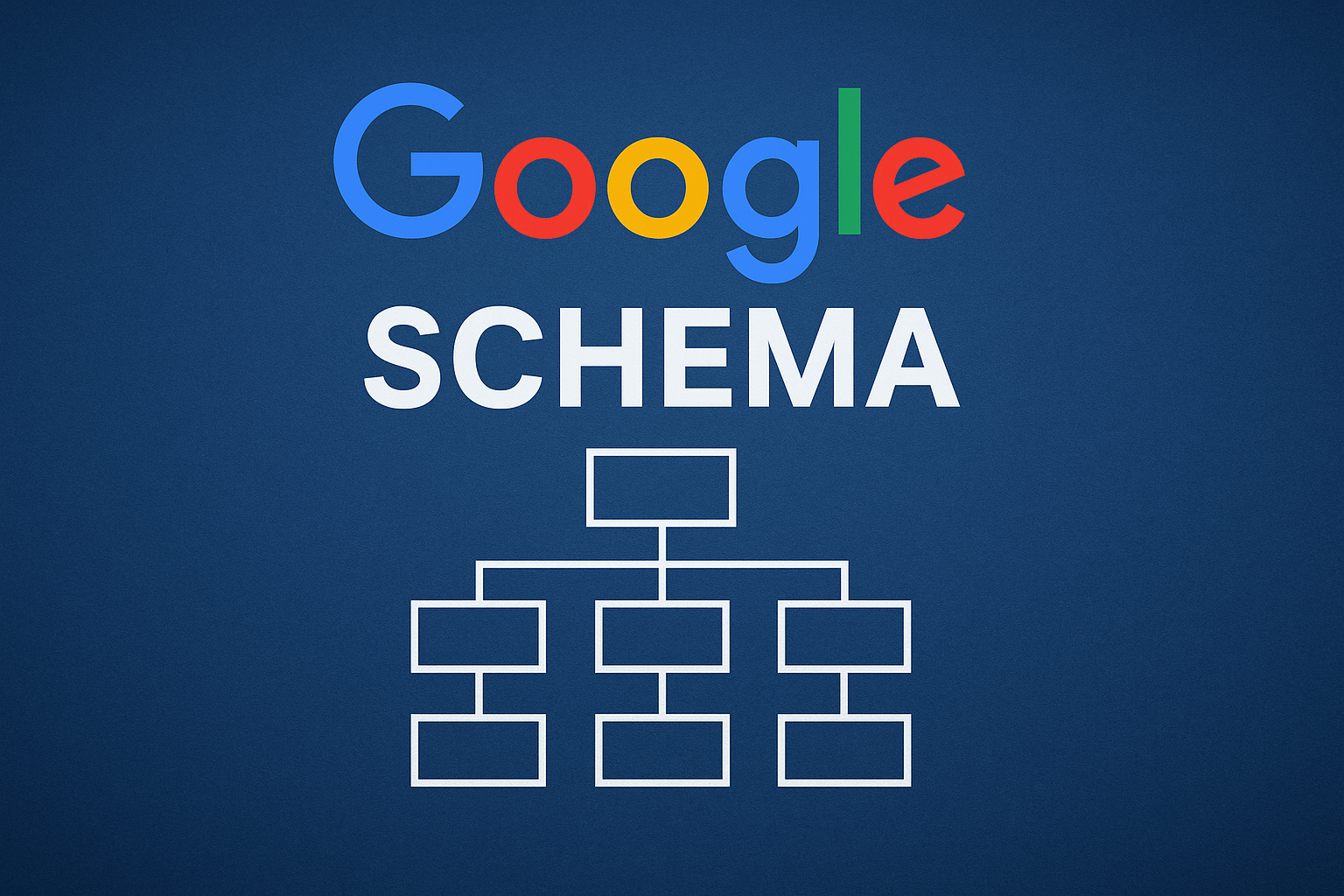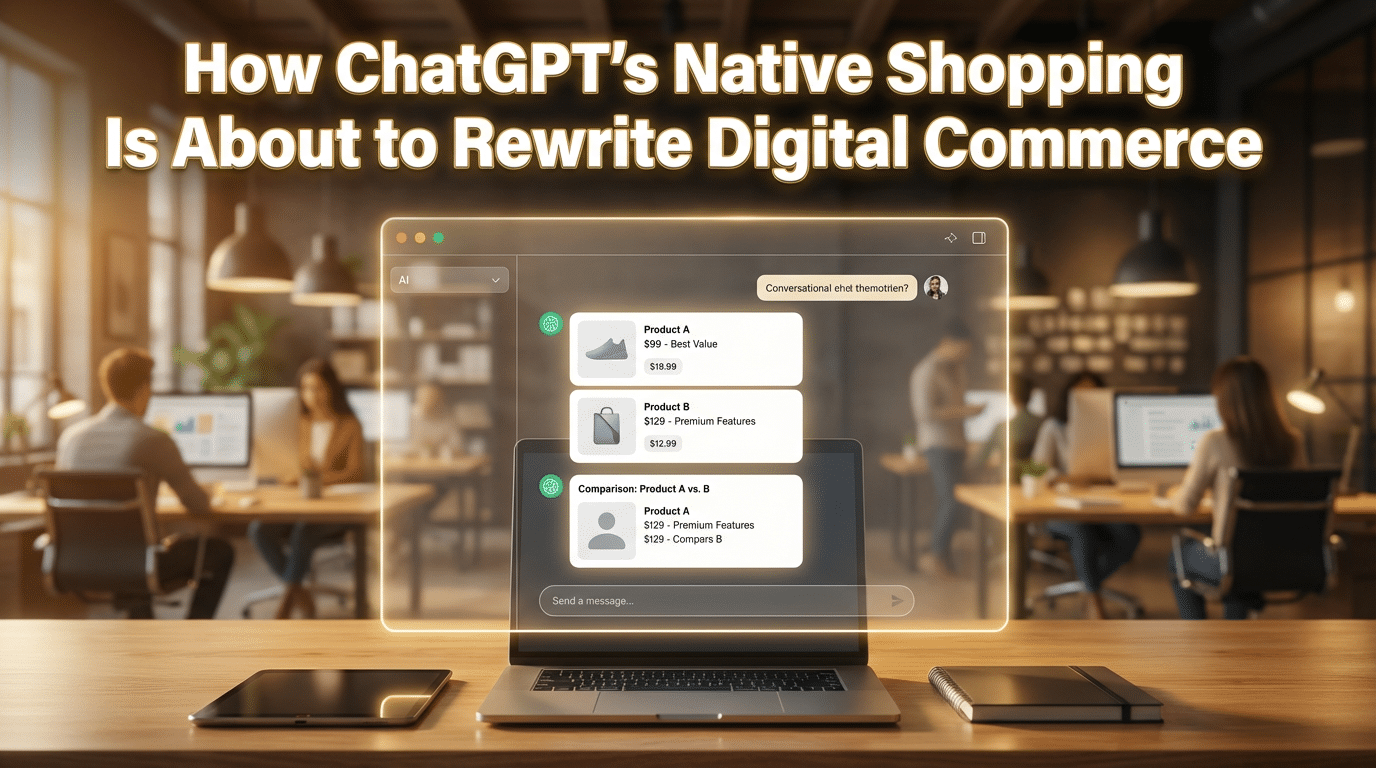Google Retires Seven Structured Data Features — What That Means for Your Site
Google recently announced it will phase out seven types of structured data in search results, aiming to streamline how content appears and eliminate clutter. While it may sound like a big shift, the impact on most businesses will be minimal—if you’re prepared.
🌐 What’s Changing and Why
Google is officially retiring the following structured data types:
-
Book Actions
-
Course Info
-
Claim Review
-
Estimated Salary
-
Learning Video
-
Special Announcement
-
Vehicle Listing
Why? These schema types were either underused or no longer aligned with Google’s evolving search experience. Instead of maintaining niche or legacy schema types, Google is focusing on rich results that provide clearer value and engagement for users.
The company has made it clear: this isn’t a penalty. It’s a refinement. Their goal is to simplify how search displays structured content, without shaking up rankings in the process.
📉 What This Means for SEO and Rankings
The good news? Your search rankings will remain unchanged.
But there are a few key takeaways:
-
Rich results powered by these deprecated schema types will stop appearing.
-
You don’t need to remove the code from your site. Google will simply ignore it moving forward.
-
Other search engines may still process the markup. So if you serve audiences beyond Google, it might still have value.
This is a design-level shift—not a ranking algorithm update. So while your positions won’t be impacted, the appearance of your content in search could change.
✅ How to Stay Ahead
If you’re managing SEO in-house—or working with an agency—it’s time to shift schema strategy toward markup types that still matter in 2025 and beyond.
Here’s how to pivot:
-
Double down on high-impact structured data like Product, LocalBusiness, FAQPage, Review, and VideoObject.
-
Use Google Search Console to monitor for errors. If your site used any of the deprecated schema types, Search Console may issue notifications.
-
Optimize for real-world visibility. Focus on schema that enhances click-throughs, captures local intent, or supports new generative AI formats like SGE (Search Generative Experience).
🔍 What Fuel Online Clients Need to Know
This update reinforces what we’ve always prioritized at Fuel Online:
-
User-first experiences win. Schema is a tool—not a crutch. If it doesn’t help users, Google’s moving on.
-
Technical SEO must be agile. Your schema strategy should evolve alongside SERP features.
-
Conversions are the real goal. Rich snippets are great—but only if they guide users into a meaningful action.
We’ve already adapted our clients’ technical SEO strategies to focus on markup that increases CTR, enhances trust, and improves UX—no gimmicks required.
💡 Strategic Recommendations from Our SEO Team
For local businesses:
Make sure your LocalBusiness schema is clean and complete. Include service areas, accepted payment methods, business hours, and a frequently asked questions section with schema applied.
For ecommerce brands:
Product schema should include availability, price, ratings, and relevant video reviews. This ensures your listings are optimized for Google Shopping, organic SERPs, and future AI overlays.
For education or media publishers:
If you previously used Course or Learning Video markup, migrate toward VideoObject or Article schema with supporting content blocks like FAQ and HowTo.
🎯 Final Thought
Google’s removal of these seven schema types isn’t a disruption—it’s a signal. The search engine is becoming leaner, smarter, and more focused on structured data that directly benefits searchers.
For Fuel Online clients, it means one thing: we’ll keep you ahead of the curve.
If you’re unsure whether your site is using outdated schema, or want to make sure you’re sending the right signals to Google and future-proofing your SEO, we’re ready to audit, advise, and upgrade your structure for the next evolution in search.










